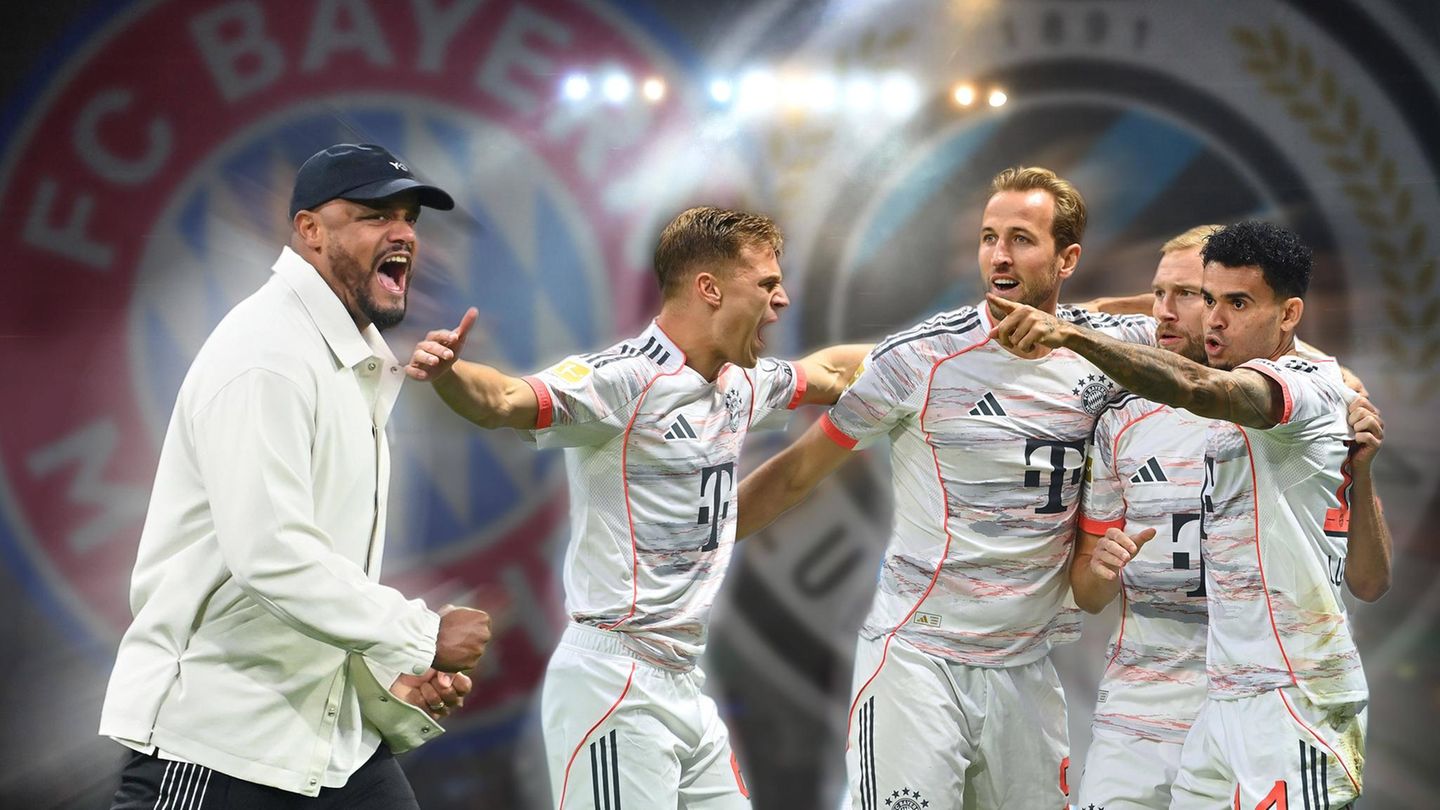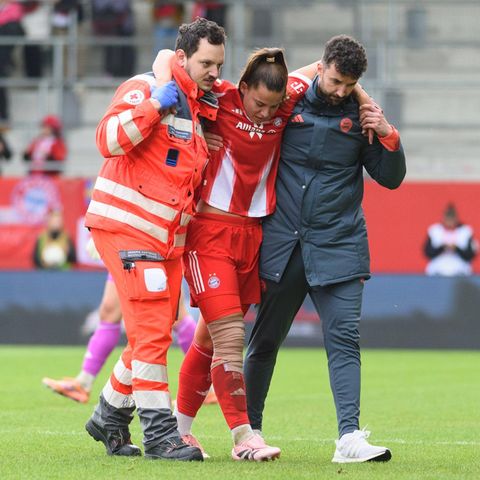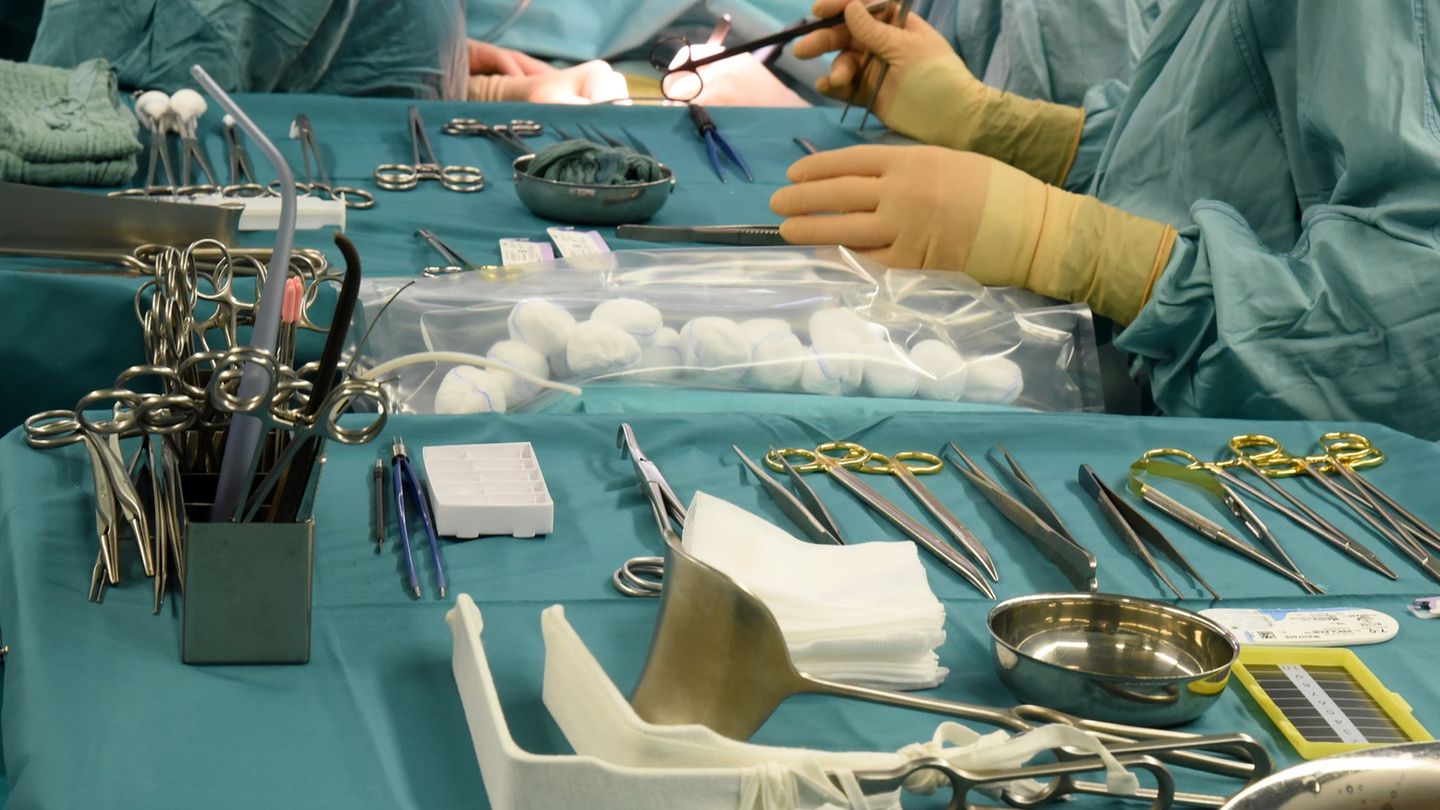I have been working in the news industry for over 6 years, first as a reporter and now as an editor. I have covered politics extensively, and my work has appeared in major newspapers and online news outlets around the world. In addition to my writing, I also contribute regularly to 24 Hours World.
Menu
Traffic light off in Germany: Will Scholz now become Europe’s “lame duck”?
Categories
Most Read
Before the EU summit: Merz and his EU colleagues propose radical rule reform
October 22, 2025
No Comments
US shutdown: Federal government pays salaries for civilian employees of the Army
October 22, 2025
No Comments
Israel identifies bodies of two Hamas hostages
October 22, 2025
No Comments
War against Ukraine: Parts of Ukraine without power after Russian airstrike
October 22, 2025
No Comments
Donald Trump is demanding $230 million from his own Justice Department
October 22, 2025
No Comments
Latest Posts

Champions League live: Who broadcasts FC Bayern and Eintracht Frankfurt
October 22, 2025
No Comments
PierceI am Pierce Boyd, a driven and ambitious professional working in the news industry. I have been writing for 24 Hours Worlds for over five

Cruciate ligament rupture: Why female soccer players are susceptible to the injury
October 22, 2025
No Comments
football Why women are susceptible to cruciate ligament tears – and what should change now The renewed injury to national player Lena Oberdorf is an

Federal Cabinet: Organ donation is being reformed – How to get more kidneys?
October 22, 2025
No Comments
IvanI have been working in the news industry for over 6 years, first as a reporter and now as an editor. I have covered politics
24 Hours Worlds is a comprehensive source of instant world current affairs, offering up-to-the-minute coverage of breaking news and events from around the globe. With a team of experienced journalists and experts on hand 24/7.

